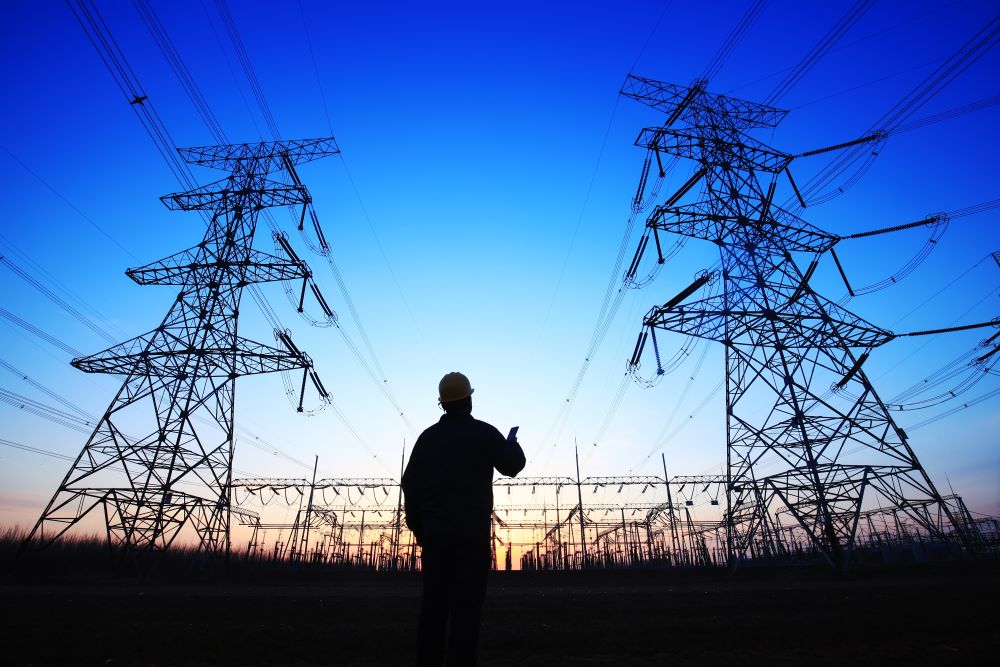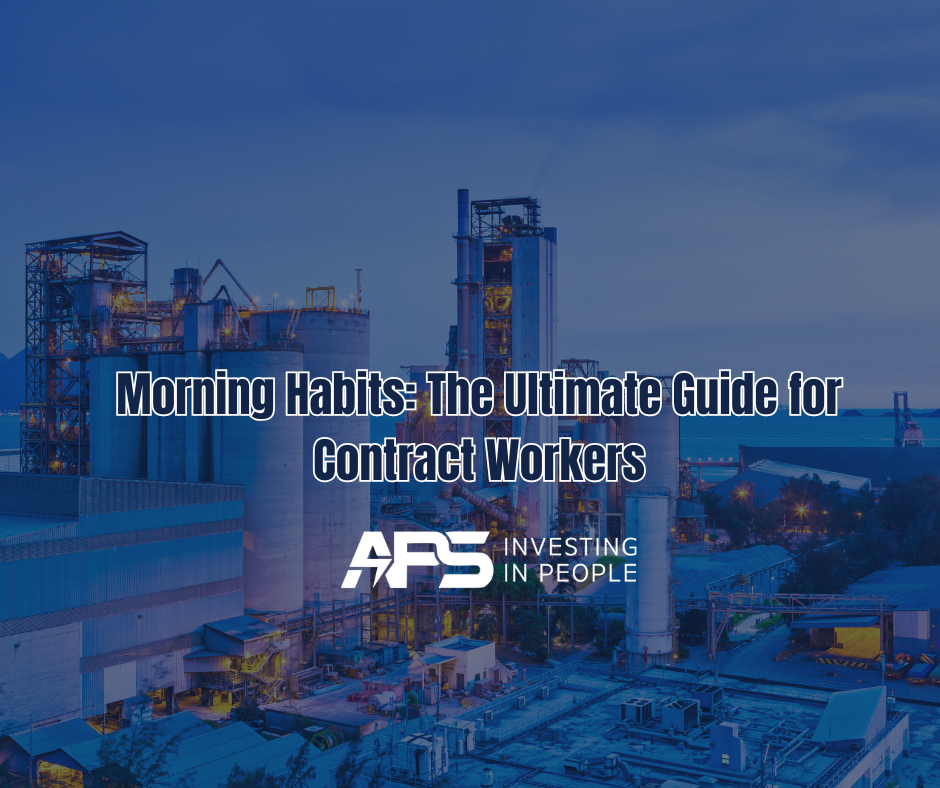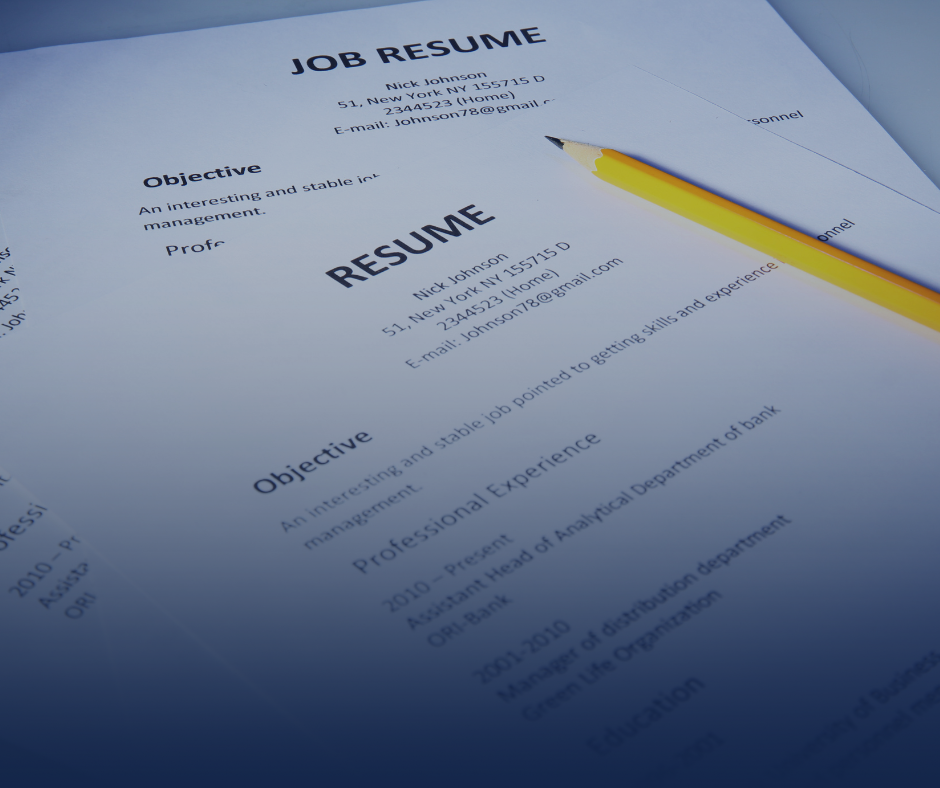
The hum of electricity is the soundtrack of modern life. The world is increasingly electrified, with homes, businesses, and industries all depending on a reliable flow of power. This trend is only accelerating as technology advances, creating a surging demand for electricity. A report by Grid Strategies highlights this trend, stating that US electric load growth is projected to be 4.7% over the next five years, compared to the previous year’s estimate of 2.6%.
The same report states peak demand growth of 38 gigawatts (GW) through 2028 will require rapid planning and construction of new generation and transmission to supply the power grid with enough electricity to meet rising demand. This presents both challenges and opportunities, particularly involving those building and maintaining new generation and infrastructure to meet this growing demand. But what’s driving this surge? Let’s explore the key factors behind our ever-increasing demand for electricity.
The Rise of Data Centers
In today’s digital age, data is king. The proliferation of data centers — massive warehouses filled with computer servers — is insatiable. From social media posts and financial transactions to the latest advancements in generative AI, these data centers store and process ever-increasing volumes of information. A single data center can consume the same amount of energy as a small city! According to the International Energy Agency (IEA), electricity consumption from data centers could double from an estimated 460 terawatt-hours (TWh) in 2022 to more than 1000 TWh in 2026. For perspective, they noted this demand is roughly the equivalent of the electricity consumption of Japan as a whole.
These massive facilities require significant amounts of power to keep their servers running 24/7, and the significant increase in demand is spurring increased investments in construction projects for data centers and power generation. In the U.S. alone, construction is scheduled to begin for about 289 data center projects with a total investment value of $75 billion, and there are 210 data centers planned in 2025 at a cost of $101 billion. This is in large contrast to 13 data centers constructed in the U.S. in 2017 and 26 built in 2019, according to data from Industrial Info Resources (IIR).
The Power of Modern Manufacturing Industrial Facilities
Manufacturing is on the rise in many parts of the world, driven by factors like automation and reshoring. This resurgence translates to a higher demand for electricity to power industrial processes. A McKinsey & Company report estimates that global electricity demand from manufacturing could increase by 30% by 2040. Just one example of increased manufacturing demand is the world’s growing population and increasing focus on healthcare, fueling the pharmaceutical industry. Manufacturing vital medications often requires complex processes and specialized equipment, all of which require significant amounts of power. Statista stated the projected revenue for pharmaceuticals in the U.S. is expected to reach $636.90 billion this year, and looking ahead is expected to maintain an annual growth rate of 5.96% from 2024 to 2028, reaching $802.80 billion in 2028. All this growth will undoubtedly place a strain on power grids.
With demand outpacing previous projections, manufacturers in the U.S. are increasing grassroots, expansions, and maintenance projects by hundreds of millions of dollars, according to IIR.
These are just two top examples of how our evolving world is demanding more and more electricity. To meet this growing demand, new power generation projects are needed. From constructing solar and wind farms to building new natural gas plants and nuclear plants, a significant amount of work is on the horizon.
An Overarching Challenge to Meeting Demand: A Looming Skill Shortage
The industries driving the demand for power are facing a significant challenge—a shortage of skilled workers. The construction of new power plants requires a specialized workforce, including electricians, welders, and startup and commissioning professionals with expertise in power generation technologies. Similarly, operating and maintaining these plants necessitates a different kind of skilled professional — qualified operators and maintenance technicians with a deep understanding of complex power systems.
According to a report by the Associated General Contractors of America, the construction industry will need to attract an estimated 500,000 additional workers to meet the demand for labor in 2024. This lack of skilled labor resources can significantly delay the completion of power generation projects and hinder our ability to meet the growing demand on the power grid.
How Industry-Specific Staffing Companies Can Bridge the Gap
This is where industry-specific staffing companies can play a vital role. These companies specialize in recruiting and placing qualified workers within specific industries, including power generation and industrial construction. They understand the unique skill sets required for these jobs and can connect companies with the employees they need to move their projects forward.
Here’s how industry-specific staffing companies can help address the skill shortage:
- Skilled Labor Network: They maintain a network of pre-vetted, qualified employees with experience in power plant construction, operations, and maintenance.
- Reduced Hiring Time: By leveraging their network of skilled workers, they can expedite the hiring process for companies, allowing projects to move forward quickly.
- Flexibility: They can provide staffing solutions tailored to specific operational needs, giving companies the flexibility to scale workforces up or down based on project timelines.
A Collaborative Effort
The increasing demand for power generation presents a significant challenge, but it also offers opportunity. By working together, industry leaders, staffing companies, and educational institutions can bridge the skill gap and ensure a reliable and sustainable power grid for the future.
APS Solutions: Power and Construction Staffing Solutions
APS Solutions provides tailored staffing solutions based on plant or project needs. With decades of specialized industry experience and a vast network of experienced, qualified, safety-conscious professionals, we are equipped to help you meet your toughest project challenges.
Get Started with APS Solutions
Ready to put our staffing expertise and employee networks to work for you? Contact APS Solutions today to learn more about our staffing solutions and how we help you meet your project staffing needs. Whether you need support on a short-term or long-term basis, our employees are carefully screened and selected, putting only the highest-quality staff on your site.
Staff My Project
Construction Positions We Staff
Construction Staffing Support
Construction Manager
Site Engineer
Safety Manager
QA/QC Manager
Civil Superintendent
Piping Superintendent
Structural Superintendent
Mechanical Superintendent
Electrical Superintendent
Cost/Estimator
Planner/Scheduler
Inspector: CWI’s Mechanical and Electrical
Skilled Craft Labor Staffing Support
Superintendent
Foreman
General Foreman
Working Foreman
Journeymen Electricians
Apprentice Electricians
Combo Welders
Boiler Tube Welders
Structural Welders
Pipefitters
Pipefitter Helpers
Boilermakers
Iron Workers/Riggers
Certified Riggers
Turbine Millwrights
Millwrights
Millwright Helpers
NCCCO Crane Operators
Helpers/Laborers
Operations & Maintenance Staffing Support
Plant Manager Assistant
Plant Manager
Maintenance Manager
Control Room Operator (CRO)
Plant Engineering Maintenance
Mechanic Maintenance
Instrumentation Maintenance
Electrician
Operations Manager
Shift Supervisor
Auxiliary Operator
Laboratory Technician
Office Administration
Plant Chemist Warehouseman






